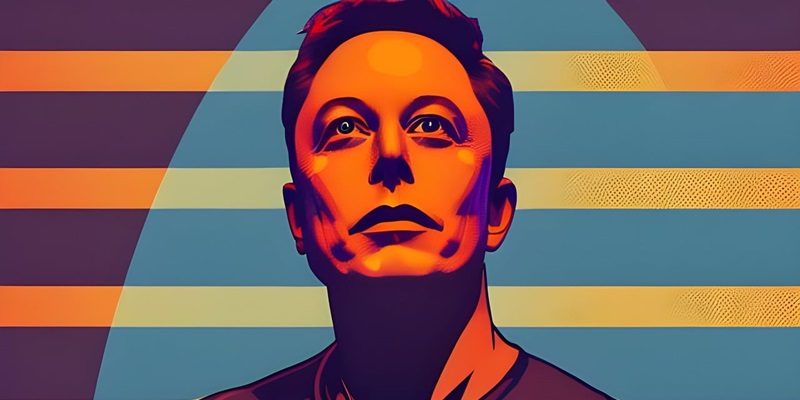In recent years, the tech world has been captivated by the innovative creations of Elon Musk. One of his latest endeavors, Grok, presents itself as a cutting-edge chatbot that aims to revolutionize user-generated content. However, upon closer inspection, Grok seems eerily reminiscent of some of Musk’s indulgences, leading many to question its potential implications. This article delves into the complexities surrounding Grok and the broader risks associated with AI influence.
The Complexity of the Real Risk
While Grok may presently appear as a potential concern, the true extent of its risk is far from easy to understand. As with any artificial intelligence, its implications can vary and may not be immediately apparent. Determining the potential consequences and fallout from Grok’s deployment requires a comprehensive analysis of its long-term impact.
Impact on User-generated Content
One key area where Grok is already making waves and will continue to do so is user-generated content. With its advanced algorithms and language processing capabilities, Grok has the potential to shape and manipulate the content produced by users. By promoting certain narratives or subtly altering input data, Grok can influence the direction of online conversations, subtly steering discussions towards desired outcomes.
Using Grok as a Subscriber Magnet
Elon Musk, ever the marketing genius, has positioned Grok as a carrot to attract more subscribers to his various platforms. By leveraging the allure of AI-driven communication, Musk aims to entice users into subscribing to his services. The sophistication and perceived intelligence of Grok make it an appealing feature, creating a symbiotic relationship wherein Grok’s growth depends on the number of subscribers attracted.
The Actual Threat
While concerns regarding misinformation-laden chatbots are valid, the true danger lies elsewhere. The real peril emerges when Musk’s AI mini-me becomes overpowering, drowning out opposing perspectives, and monopolizing discourse. The ability to shape and control public opinion, even unintentionally, challenges the principles of open debate and democratic dialogue.
Musk’s Influence and Interpretation of Reality
Elon Musk wields a unique ability to gather a loyal following that readily accepts his interpretation of reality. This sycophantic following often adopts Musk’s views without question, creating an echo chamber where dissenting voices struggle to be heard. This phenomenon allows Musk to shape public opinion effectively and potentially influence the course of broader societal discussions.
LLM-Trained Chatbots
As significant as Musk’s influence may be, it pales in comparison to the potential impact of Language Model (LLM) trained chatbots. LLMs, like Grok, have the power to process vast amounts of data and generate responses that replicate human-like conversation. These chatbots, when trained on the same subjective or biased information as their human trainers, can perpetuate and amplify divisive narratives or misinformation at an unprecedented scale.
Destabilizing Popular Opinion
The advent of LLM-based chatbots poses a grave threat to the notion of popular opinion. As these advanced AI systems multiply and infiltrate online platforms, they blur the line between genuine public sentiment and artificially generated consensus. Within just a few iterations of LLM-powered chatbots, they could produce artificial but convincing numbers to support their harmful interpretations of the world.
Artificial but Convincing Interpretations
The danger lies in the persuasive capability of LLM-powered chatbots, as they have the potential to generate artificially convincing interpretations of the world. By manipulating online discussions and presenting distorted perspectives as seemingly factual, these chatbots can alter public perception and foster division. Such false realities can lead to adverse consequences for individual understanding, policymaking, and the overall socio-political climate.
As Elon Musk’s GPT-3 emerges on the scene, it brings to light the broader risks associated with AI influence. While GPT-3 and similar chatbots offer exciting possibilities, we must carefully navigate their deployment and consider the implications they may have on discourse and public opinion. It is crucial to maintain a balanced, inclusive conversation, safeguarding against the undue influence and potential monopolization of narratives. Only by remaining vigilant and critically evaluating the output of AI-driven chatbots can we ensure the preservation of democratic principles and the pursuit of an informed society.

